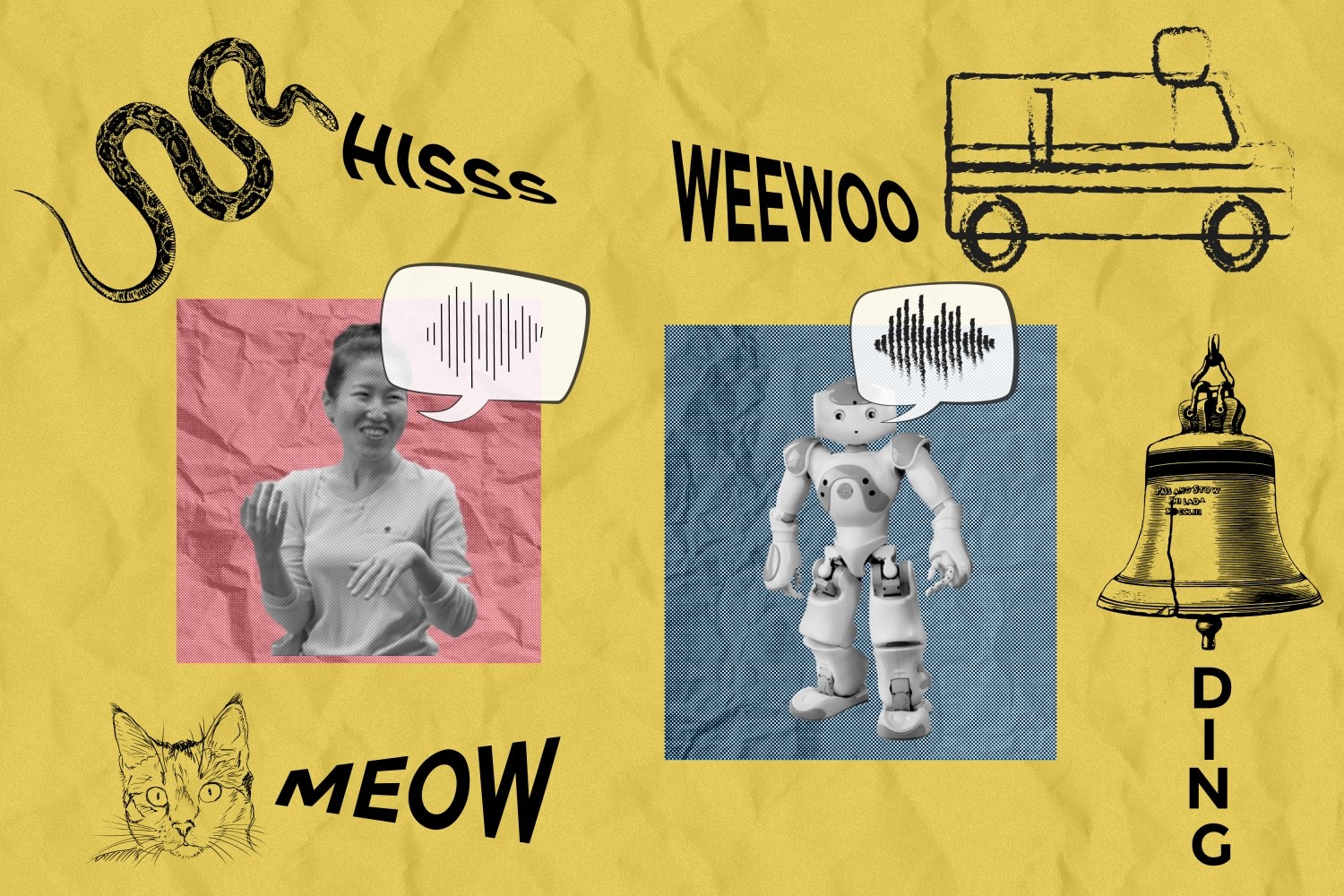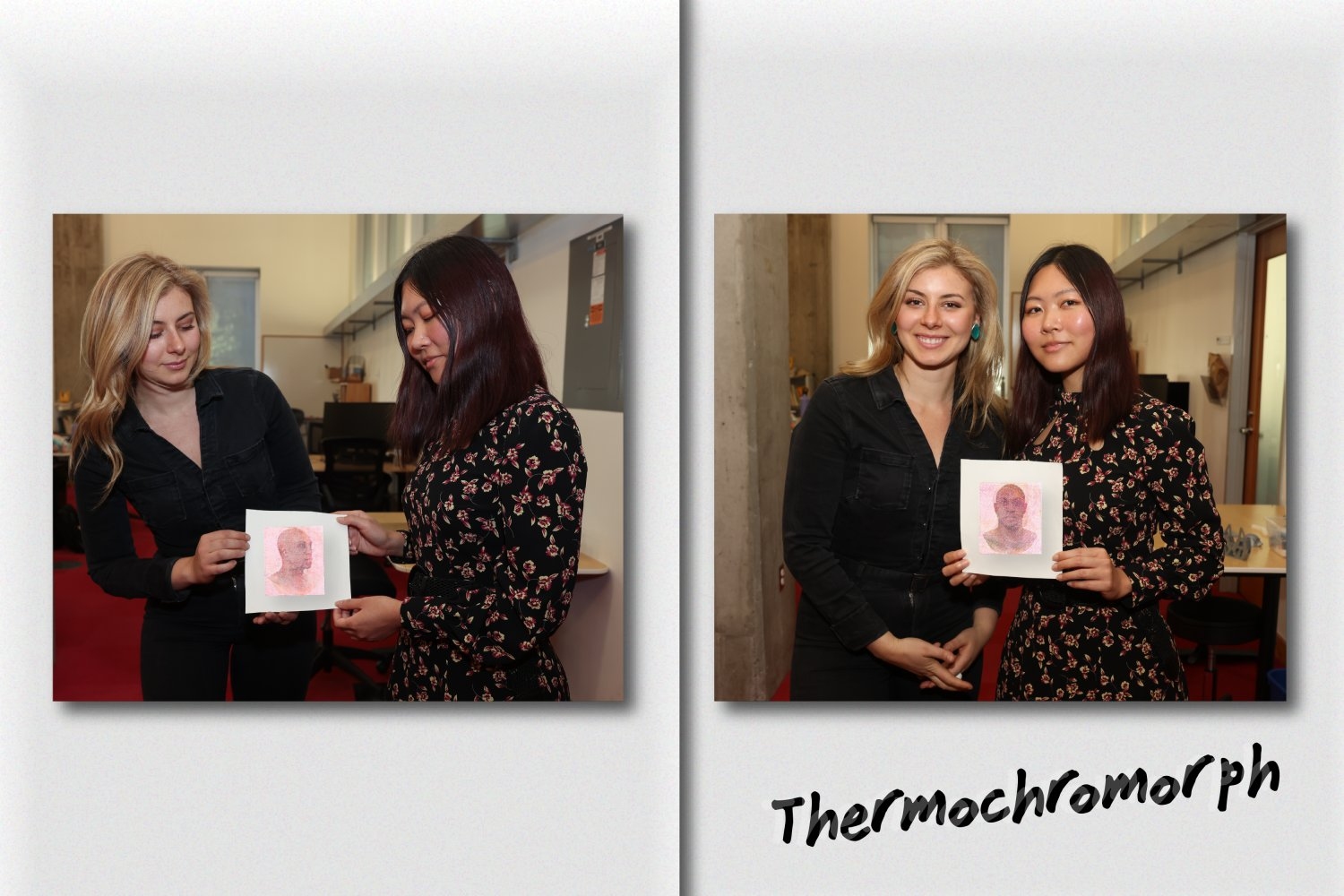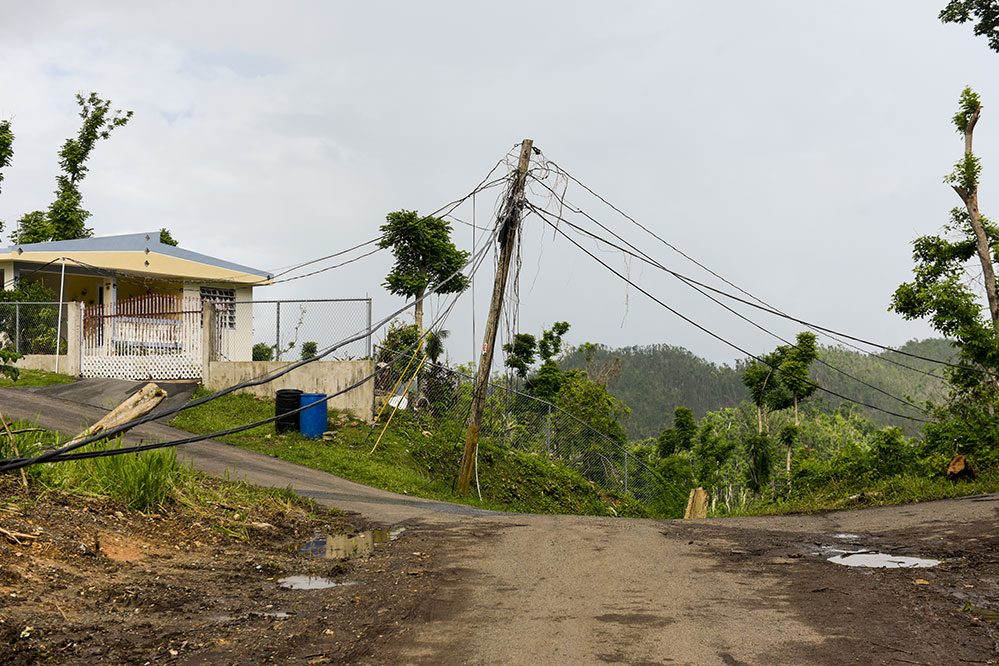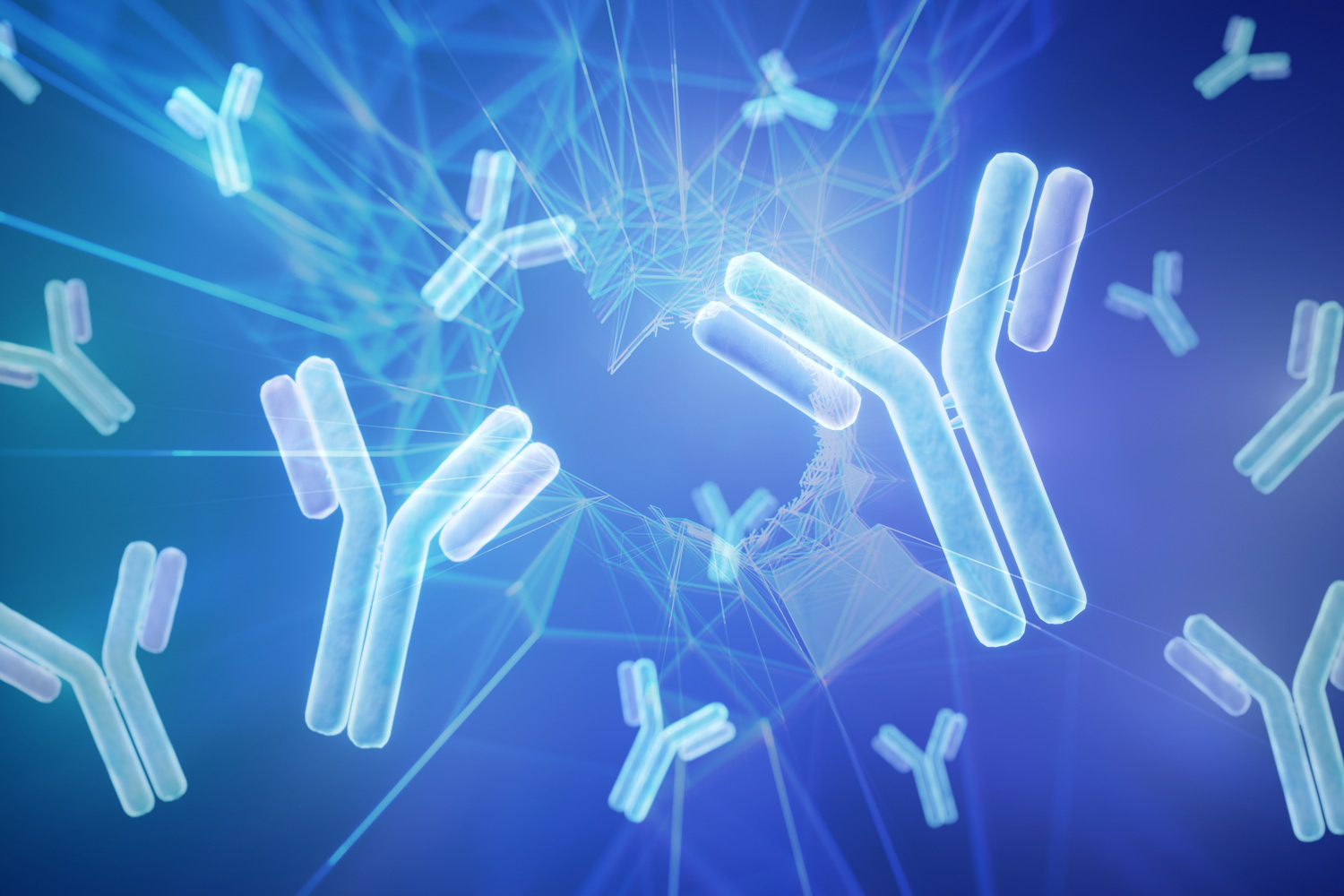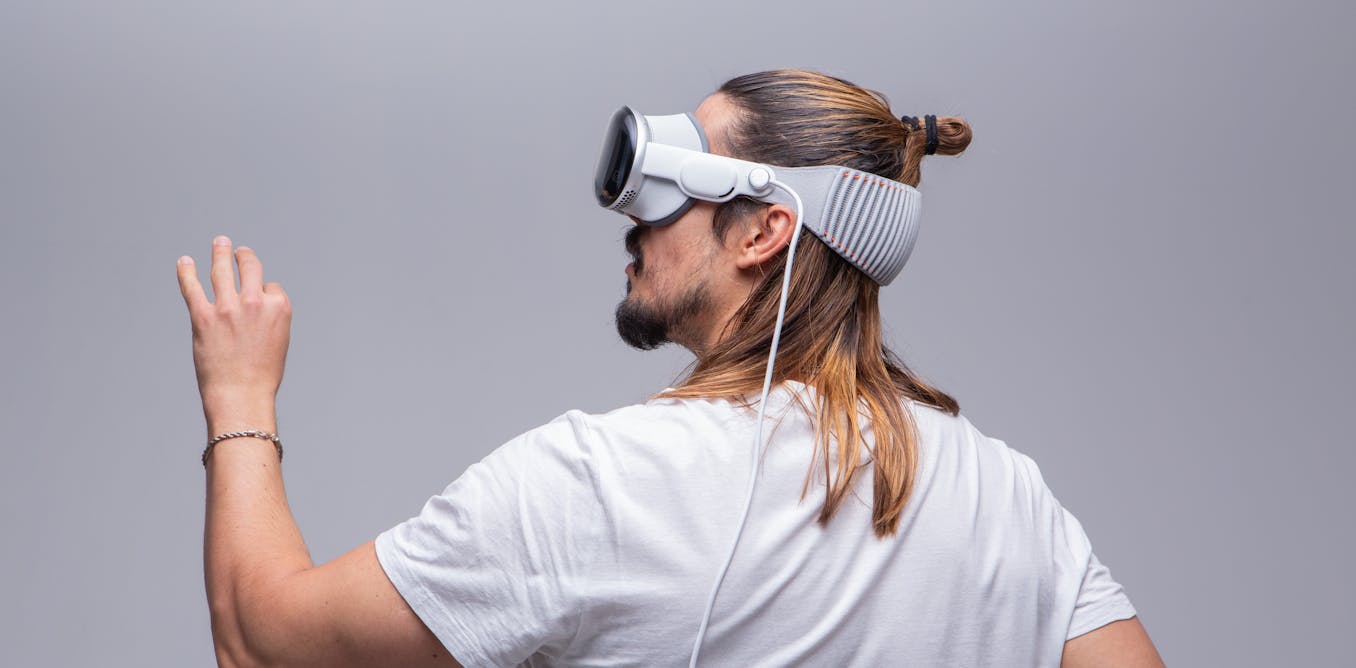Teaching AI to communicate sounds like humans do
Inspired by the mechanics of the human vocal tract, a new AI model can produce and understand vocal imitations of everyday sounds. The method could help build new sonic interfaces for entertainment and education.
Jan. 9, 2025 • ~8 min

